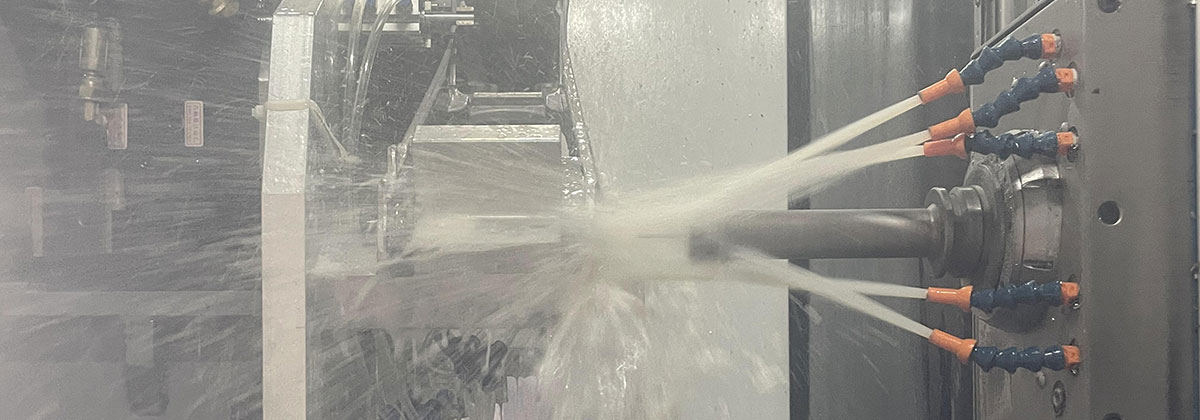Introduction
In today’s manufacturing industry, lightweight materials are gaining increasing popularity due to their numerous advantages. One such material that has garnered attention is magnesium. Magnesium casting offers a lightweight solution for manufacturing various products, ranging from automotive parts to aerospace components. In this article, we will explore the benefits and applications of magnesium casting, as well as its challenges and future prospects.
Advantages of Magnesium Casting
1. Lightweight: Magnesium is the lightest structural metal available, weighing about 35% less than aluminum and 78% less than steel. This characteristic makes it ideal for applications where weight reduction is crucial, such as in the automotive and aerospace industries. By utilizing magnesium casting, manufacturers can create products that are not only lighter but also more fuel-efficient.
2. High Strength-to-Weight Ratio: Despite its lightweight nature, magnesium exhibits excellent strength-to-weight ratio. It possesses a high specific strength, which means it can withstand significant loads without compromising its structural integrity. This property makes magnesium casting an attractive option for designing components that require both strength and lightness.
3. Excellent Machinability: Magnesium is known for its superb machinability, allowing for intricate and precise designs. It readily forms complex shapes, making it suitable for manufacturing parts with intricate geometries. This versatility enables manufacturers to produce components with fine details, reducing the need for additional processing steps.
4. Good Thermal Conductivity: Another advantage of magnesium casting is its excellent thermal conductivity. This property ensures efficient heat dissipation, making it suitable for applications that require temperature regulation. For example, in the electronics industry, magnesium castings can help dissipate heat generated by electronic components, preventing overheating and enhancing device performance.
Applications of Magnesium Casting
1. Automotive Industry: One of the primary applications of magnesium casting is in the automotive sector. Lightweight magnesium components, such as engine blocks, transmission cases, and wheels, contribute to improved fuel efficiency and reduced emissions. Furthermore, magnesium’s ability to dampen vibrations makes it desirable for manufacturing suspension parts and steering columns.
2. Aerospace Industry: Magnesium casting finds extensive use in the aerospace industry due to its lightweight and high strength characteristics. It is employed in the production of aircraft components, such as landing gear, seat frames, and structural parts. The weight reduction achieved through magnesium casting enables higher payload capacity and improved overall aircraft performance.
3. Consumer Electronics: Magnesium castings are also used in the production of consumer electronic devices. Laptops, tablets, and smartphones often incorporate magnesium components to enhance their structural integrity while maintaining a lightweight profile. Additionally, the excellent thermal conductivity of magnesium helps dissipate heat generated by these devices, prolonging their lifespan.
Challenges and Future Prospects
Despite its many advantages, magnesium casting comes with certain challenges. One significant challenge is its susceptibility to corrosion. Magnesium is highly reactive and requires proper surface treatments to protect it from corrosive environments. Additionally, the cost of magnesium alloys can be higher than traditional materials like aluminum or steel, limiting its widespread adoption.

However, ongoing research and development efforts aim to overcome these challenges and further improve the application of magnesium casting. Innovation in alloy composition and surface treatment techniques can enhance magnesium’s corrosion resistance and reduce its overall cost. As a result, magnesium casting is likely to become more prevalent in various industries, offering an even more viable lightweight manufacturing solution.
Conclusion
Magnesium casting provides a lightweight solution for manufacturing a wide range of products across industries. Its exceptional combination of lightness, strength, machinability, and thermal conductivity makes it a desirable choice for applications in automotive, aerospace, and consumer electronics sectors. Although challenges such as corrosion susceptibility and cost exist, continuous advancements in technology promise a bright future for magnesium casting. As industries strive for weight reduction and improved efficiency, magnesium casting will undoubtedly play a crucial role in shaping the manufacturing landscape.
-

- Thixomolding deli iz magnezijeve zlitine za ohišje stroja za sesanje kisika
-

- Magnesium alloy die-casting Auto parts headlight frame
-

- Tlačno litje iz magnezijeve zlitine Avtomobilski deli Sprednji odbijač Proti trčenju
-

- Ohišje za testo Thixomolding iz magnezijeve zlitine
-

- Deli za livarno magnezija Volanski drog
-

- Pokrov ohišja prenosnega računalnika A z visoko natančnimi magnezijevimi tiksomlitnimi komponentami

 0086-750-5616188
0086-750-5616188 +86 13392089688
+86 13392089688 sales@zhongmei-tech.com
sales@zhongmei-tech.com







